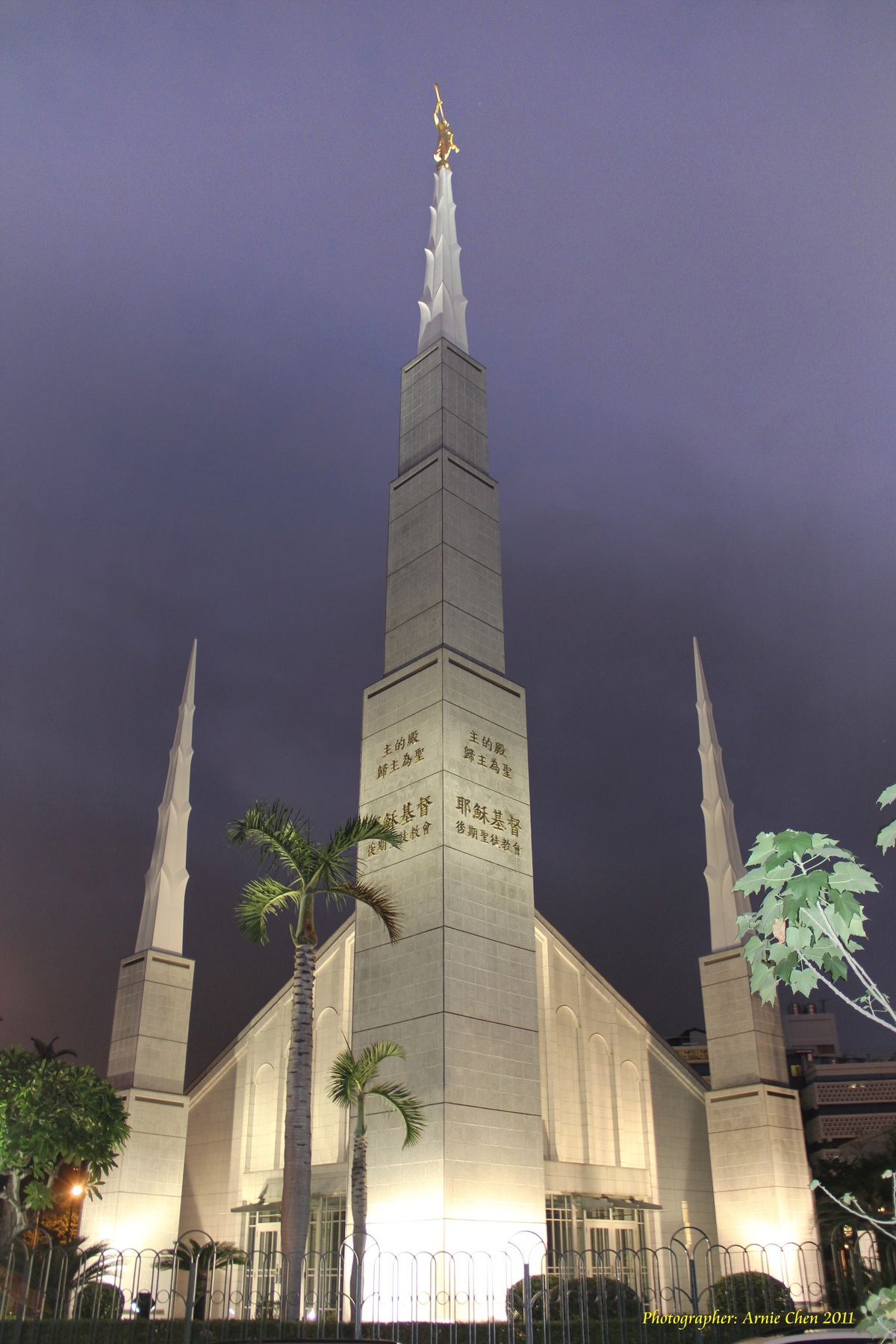
For these reasons American authorities insist that service members be tried in military tribunals. Currently, Japan uses a lay judge system in some criminal trials. Another issue is the lack of jury trials in Japan, previous to 2009 all trials were decided by a judge or panel of judges. No lawyer can be present in investigation discussions in Japan, though a translator is provided, and no mention made of an equivalent to America's Miranda rights. American authorities also note the difference in police investigation powers, as well as the judiciary. American officials allege that the Japanese police use coercive interrogation tactics and are concerned more with attaining a high conviction rate than finding "justice".

In a number of cases, local officials have complained that this impedes their ability to question suspects and investigate the crime. In Japan, for example, the SOFA includes the provision that service members are not turned over to the local authorities until they are charged in a court. Details of the SOFAs can still prompt issues.

However, most crimes by servicemembers against local civilians occur off duty, and in accordance with the particular SOFA are considered subject to local jurisdiction. The Marine was later cleared by a court martial of negligent homicide. Van Goethem departed Romania within a few hours after the accident, under the terms of his diplomatic immunity, before local investigators had the opportunity to question him and conduct tests on his blood alcohol level but many Romanians viewed his abrupt departure as a slap in the face and an effort to shield the Marine from justice. embassy in Bucharest, Romania, while driving his Ford Expedition, lethally collided with a taxi carrying Romanian singer Teo Peter. Marine Staff Sergeant Christopher Van Goethem serving as a Marine Security Guard at the U.S. Ī similar incident occurred in December 4, 2004, when 31-year-old U.S. Soon after the rapes and other instances, the peninsula wide military curfew was reinstated. The soldiers are, or will soon be, jailed in South Korean facilities.

After three brutal rapes and an arson case in 2011, convictions in South Korean courts occurred. Īs of 2011 American military authorities are allowing South Korea to charge and prosecute American soldiers in South Korean courts. This resulted in widespread outrage in South Korea, demands that the soldiers be retried in a South Korean court, the airing of a wide variety of conspiracy theories, and a backlash against the local expatriate community. military accepted responsibility for the incident and paid civil damages. military court martial panel tried the soldiers involved, The panel found the act to be an accident and acquitted the service members of negligent homicide, citing no criminal intent or negligence. military AVLB bridge-laying vehicle on the way to the base camp after a training exercise accidentally killed two girls. For example, in 2002 in South Korea, a U.S. This is especially true when the incidents involve crimes such as robbery, murder, manslaughter or sex crimes, especially when the charge is defined differently in the two nations.

In many host nations, especially those with a large foreign presence such as South Korea and Japan, the SOFA can become a major political issue following crimes allegedly committed by servicemembers. courts will have jurisdiction over crimes committed either by a servicemember against another servicemember or by a servicemember as part of his or her military duty, but the host nation retains jurisdiction over other crimes. Criminal issues vary, but the typical provision in U.S. For civil matters, SOFAs provide for how civil damages caused by the forces will be determined and paid. This may include issues like entry and exit into the country, tax liabilities, postal services, or employment terms for host-country nationals, but the most contentious issues are civil and criminal jurisdiction over bases and personnel. The SOFA is more concerned with the legal issues associated with military individuals and property. Typically, purely military operational issues such as the locations of bases and access to facilities are covered by separate agreements. The SOFA is intended to clarify the terms under which the foreign military is allowed to operate. While most of the United States' SOFAs are public, some remain classified. In the past, the Soviet Union had SOFAs with most of its satellite states. While the United States military has the largest foreign presence and therefore accounts for most SOFAs, the United Kingdom, France, Australia, Germany, Italy, Russia, South Korea, and many other nations also station military forces abroad and negotiate SOFAs with their host countries.


 0 kommentar(er)
0 kommentar(er)
